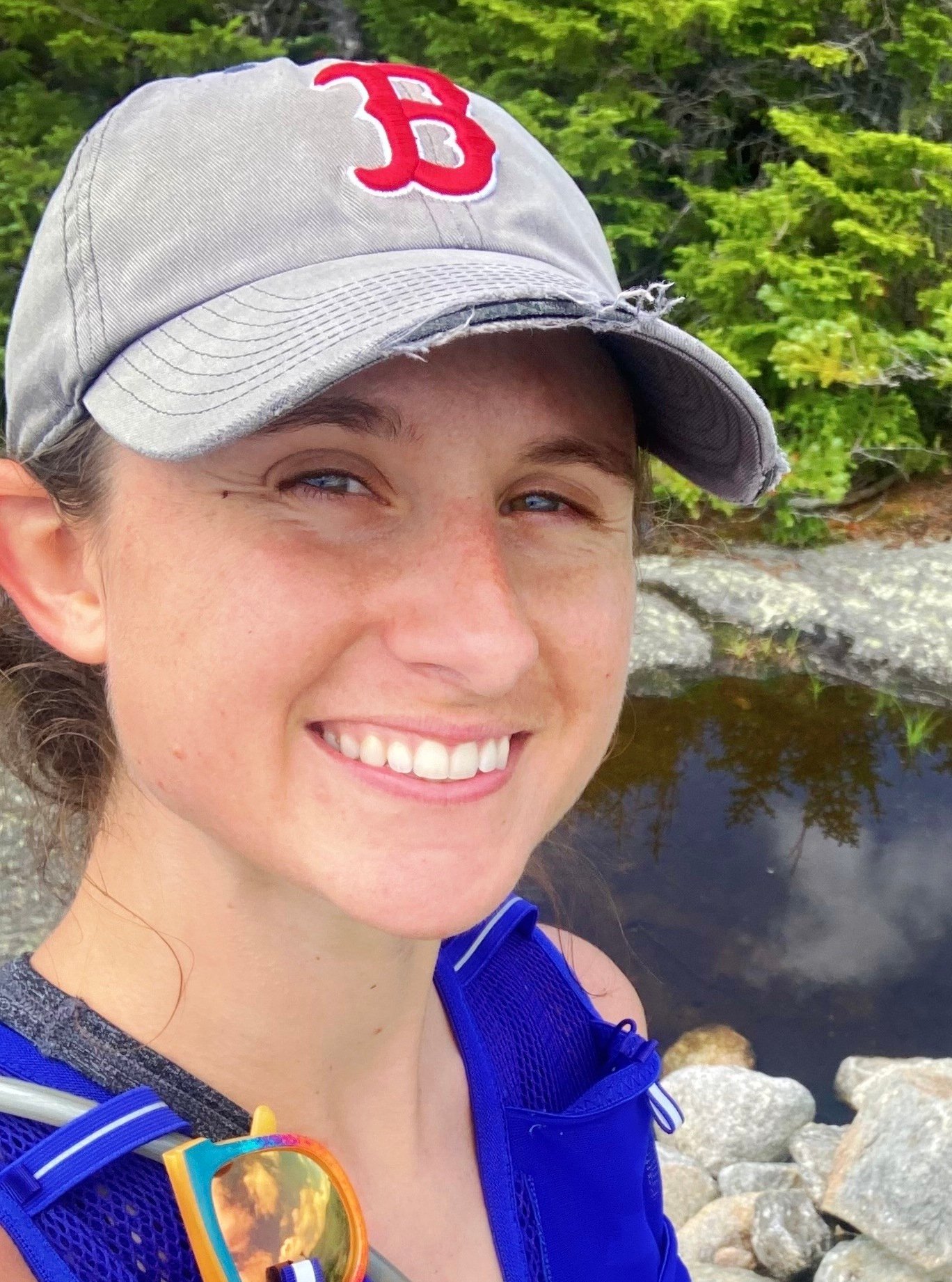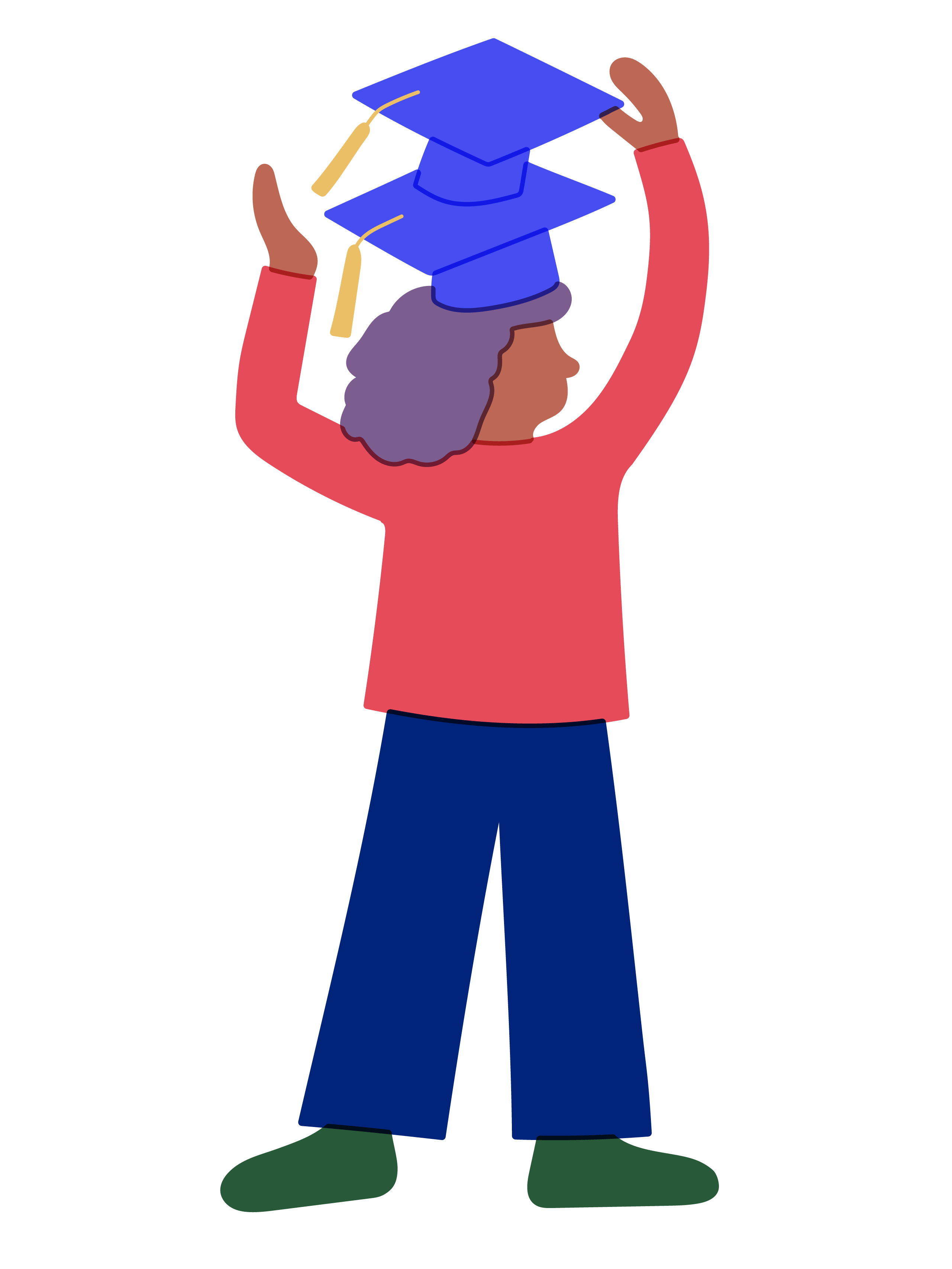Graduate school is an incredibly rewarding, full experience. Here are a few things I wish I had known before starting the journey:
Listen, Listen, Listen.
To your advisor, to your lab mates, to your professor…you’re here to absorb. There's going to be a lot that you don't know during grad school. Heck, isn’t that the whole point? Though things will feel new and potentially scary, it's important to remind yourself that everyone had to start somewhere. A great way I found to jump-start my path in a new project was to begin reading as many relevant review articles on the general field as possible before diving into specific articles. This helps give you a sense of the common themes and trends, and also familiarizes yourself with the field’s particular verbiage.
Speak up for yourself!
If you don’t understand something, if you are struggling with a project, if you don’t like the way someone is treating you/your instruments/your time, if you are not getting along with your PI… you need to communicate this! Nothing is worse than bottling things up and just hating the whole process. Pay attention to which communication style works best for whoever you are trying to speak with. Learning how people react to different communication styles and adjusting your approach accordingly can go a long way to fostering a positive and productive working relationship.
Rarely do projects go exactly as you intended.
Cultivate an ability to pivot. Look at your results with unbiased eyes; if they aren’t the results you wanted, try to see what feels like a failure as an opportunity: what other areas could this result be interesting for? It’s helpful to have a vague sense of what other people are doing in tangentially related fields. Another tip to spark inspiration could be to look up labs that work on similar materials and see what solution they are trying to solve. Maybe your material can be even better solution to theirs or maybe it gives you an idea to look into a new field.
Be respectful and professional to everyone.
You’re starting your career and the way you carry yourself in the lab/department is important. Start building good habits with how you deal with you boss and coworkers. While we’d love to be best friends with everyone in our workplace, chances are there will be some personality clashes. Graduate school is a golden opportunity to begin (or continue) to work on those interpersonal, workplace skills.
Working with undergraduates can be tremendously rewarding.
Be sure to set clear expectations as you embark on mentorship—not everyone will be coming in with the same expectations of what working in a lab is like! Make sure to have a chat before you begin work with your undergraduates and listen to what their expectations are. Be honest about your own expectations as well. Starting off on the same page will help you get to the science faster and foster a more enjoyable process!
Write everything down in a lab notebook.
Nothing is more frustrating than having to go back and troubleshoot an experiment because you forgot to write down conditions or parameters. Getting a good system in place for keeping notes will help save you time when it comes to writing.
Presenting to an audience can be quite daunting.
You will get more comfortable with presentations over time. Trust the process and solicit feedback from your PI and your colleagues. A great talk also starts with great preparation, so make sure to carefully think about what preparation style works for you. Personally, I need a detailed written outline of my talk before going ahead and putting slides together. Find what works for you (experiment!) and know that we all start out giving wonky talks. With practice and preparation, it gets better!
Make time for yourself.
It can be difficult to find that work/life balance. In whatever quantity works best for you, make sure to find time to do the things that you like. You may feel guilty for taking personal time, but taking time off will help you a lot in the long run and make the whole experience more enjoyable.


Comments